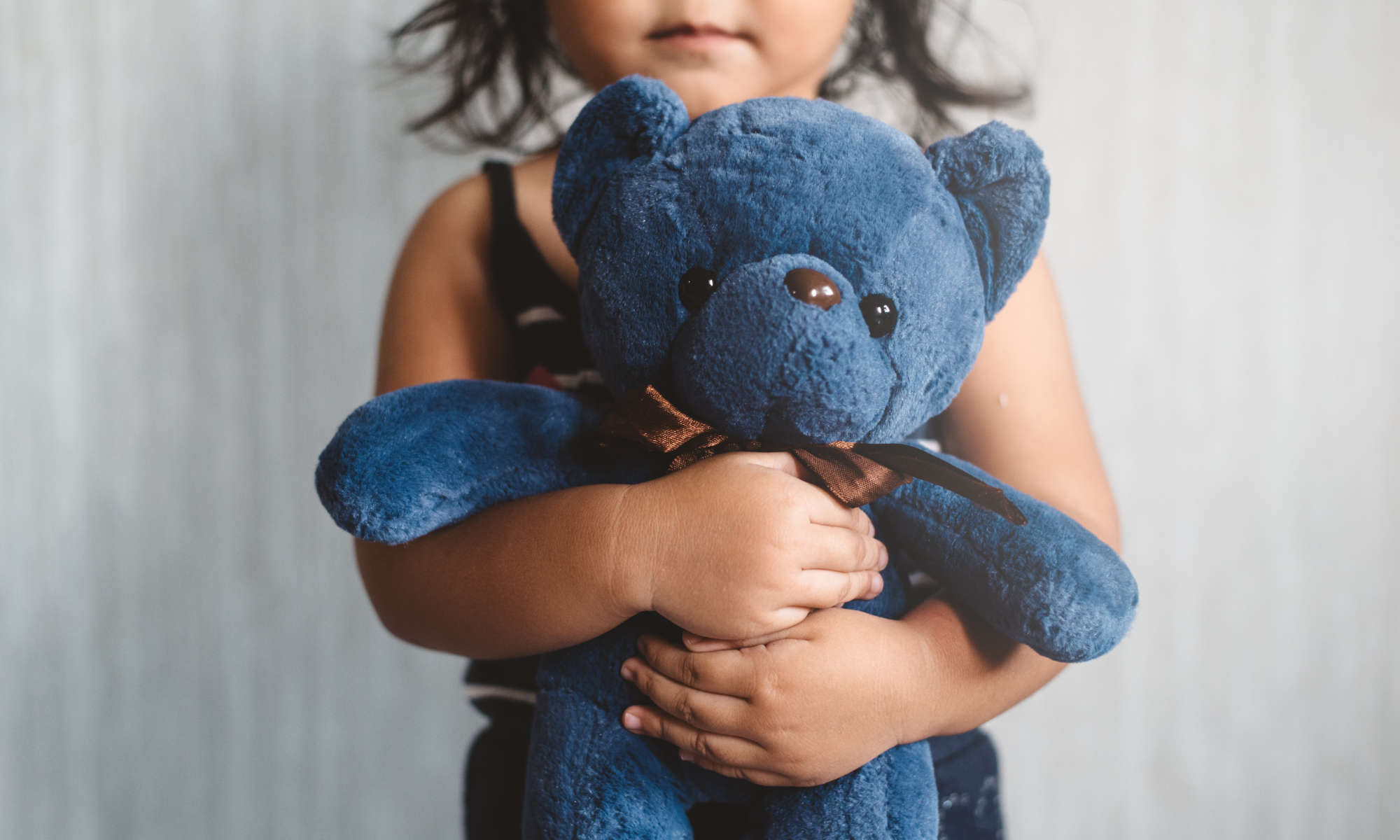
3 ways to reduce child sexual abuse rates
A new study finds that local, community-wide education efforts can drastically lower incidence of sexual abuse of children.
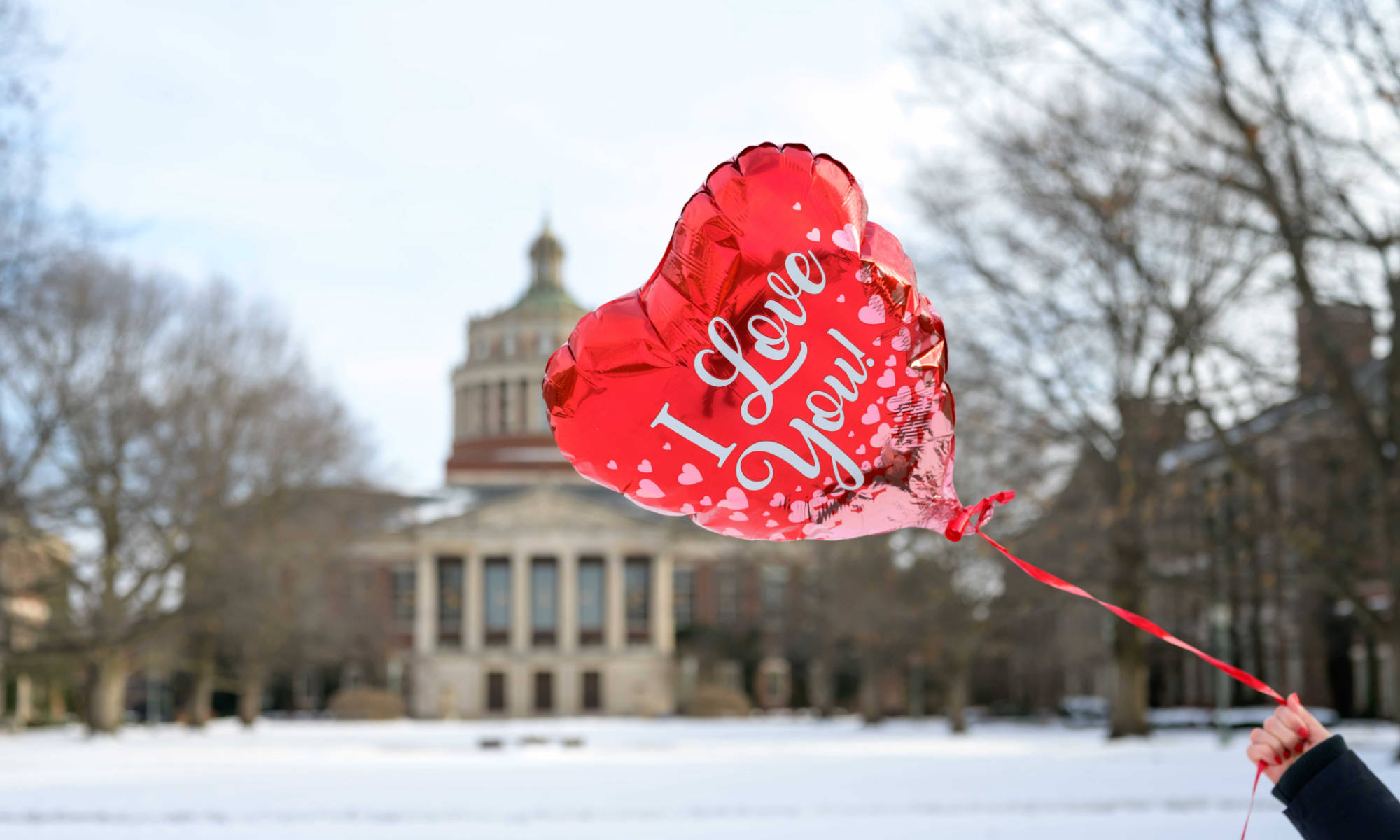
From Rochester with love
Valentine’s Day is on the horizon—and love is in the air. Enjoy a selection of hearty research, endearing stories, and moving moments from across the University of Rochester.
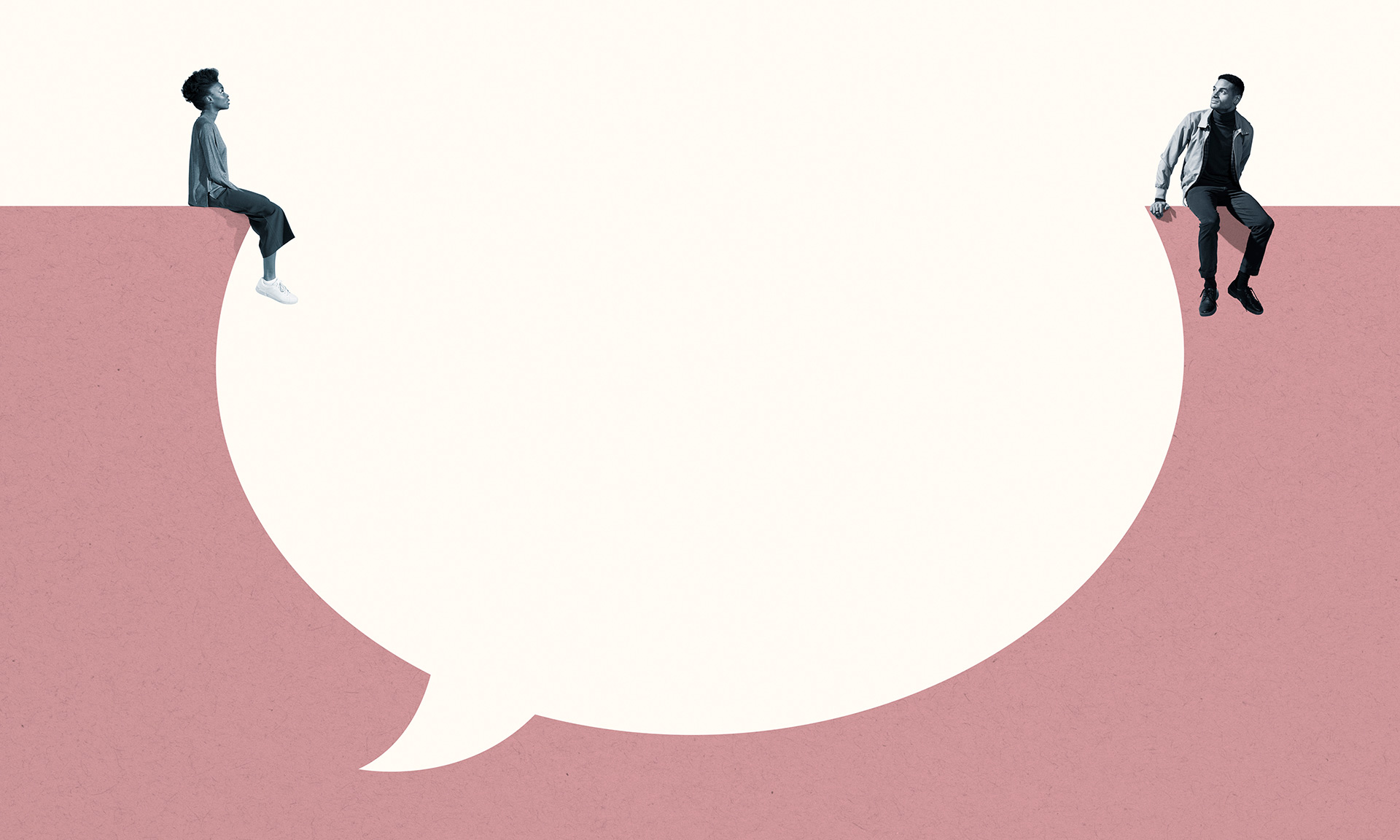
The truth may hurt. But for couples, it’s worth it.
In a new study of more than 200 couples, a team of Rochester psychologists reveals the truth about honesty in answering tough relationship questions.
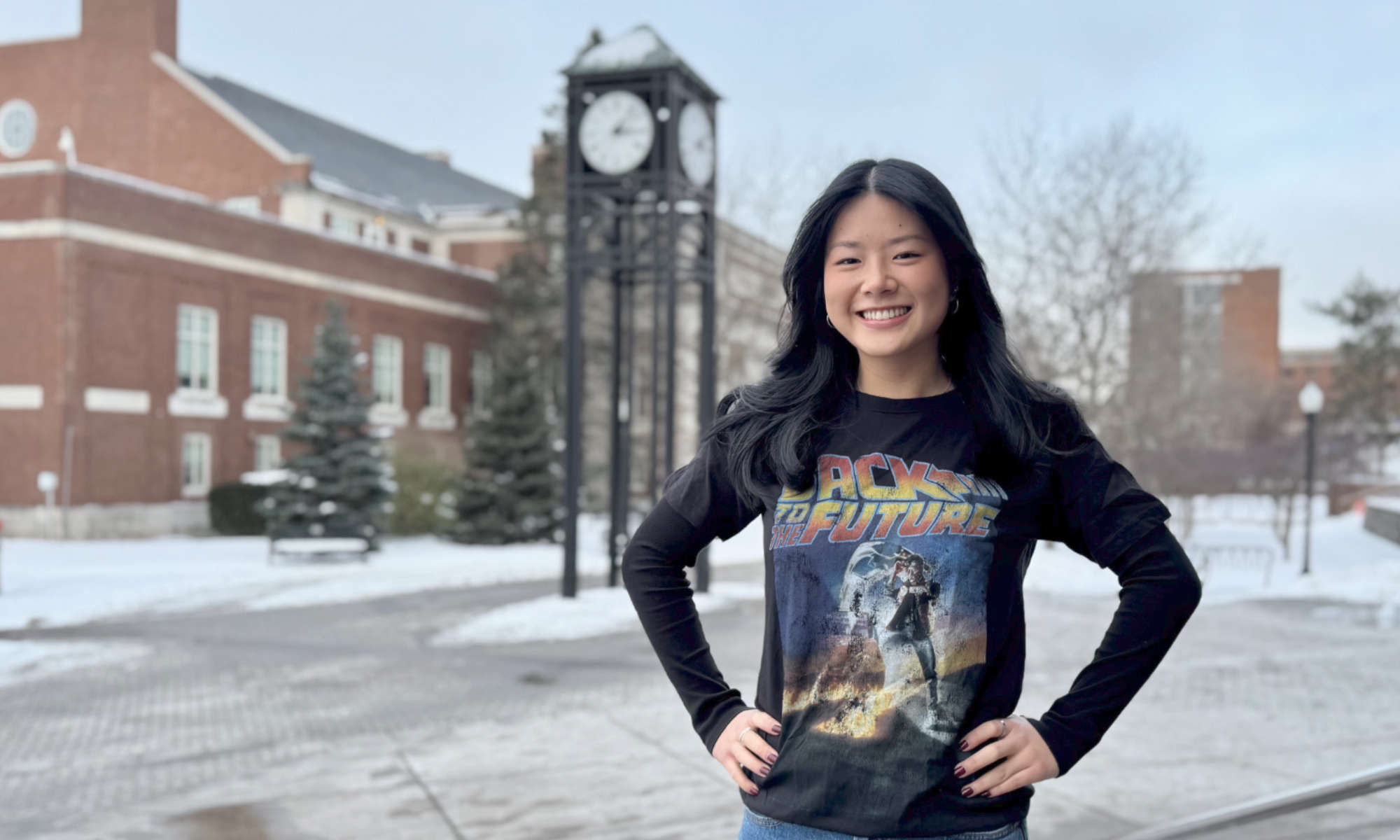
What can Back to the Future teach us about US nuclear regulations?
Rebecca Frank’s undergraduate internship taps into well-known ’80s and ’90s movies to boost civic engagement on social media.
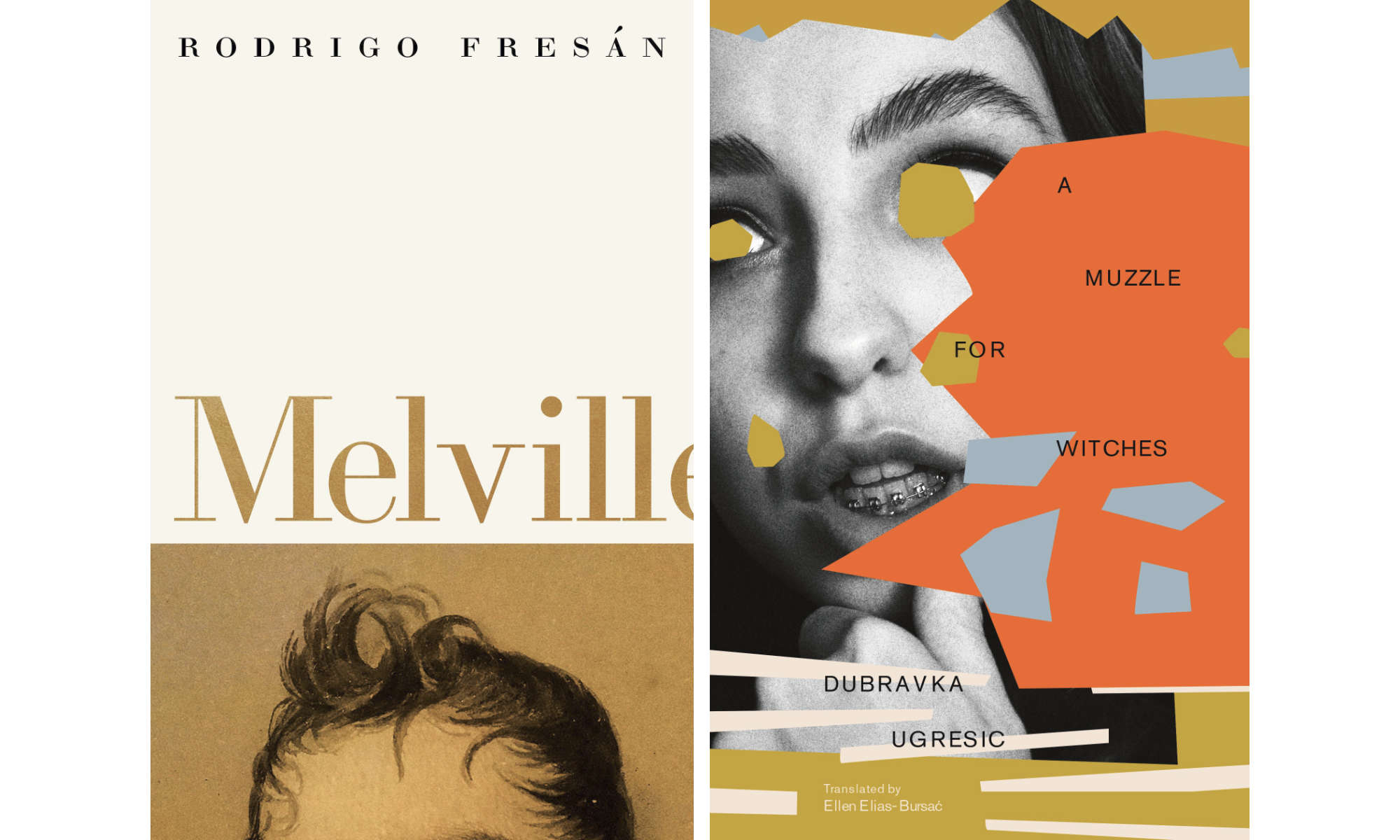
Two Open Letter books nominated by National Book Critics Circle
Rochester’s literary translation press edited and published two of the longlisted books for the organization’s 2024 Barrios Book in Translation Prize.
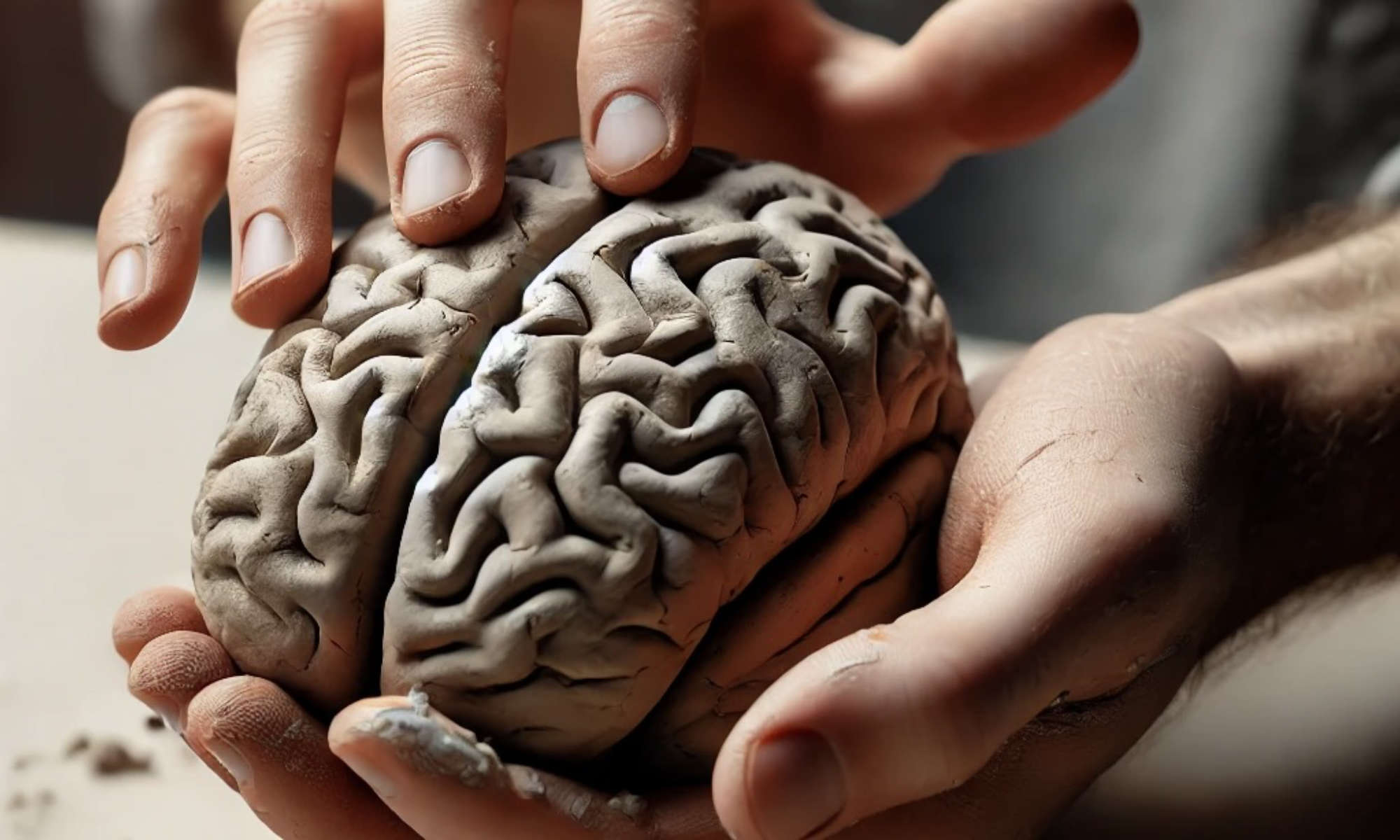
Sculpting the brain (without chisel or scalpel)
Scientists have developed a novel approach to human learning through noninvasive manipulation of brain activity patterns.

Historic Bermuda reshapes our understanding of colonial America
Smithsonian Magazine highlights the role of a Rochester historian and archaeologist in unearthing Bermuda’s colonial origins.
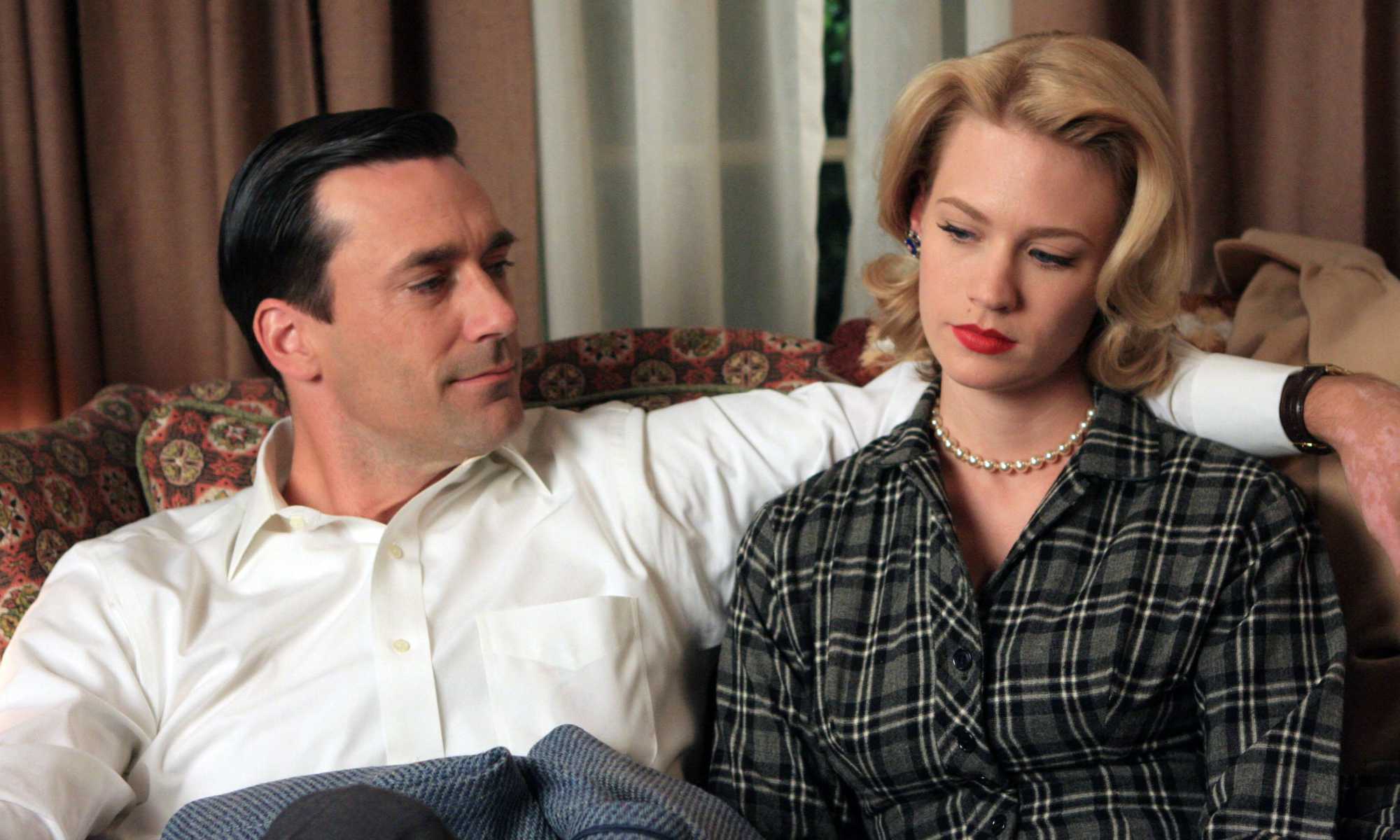
Why the powerful are more likely to cheat
Psychologists have found a correlation between a person’s self-perception of power and their (un)willingness to remain faithful.
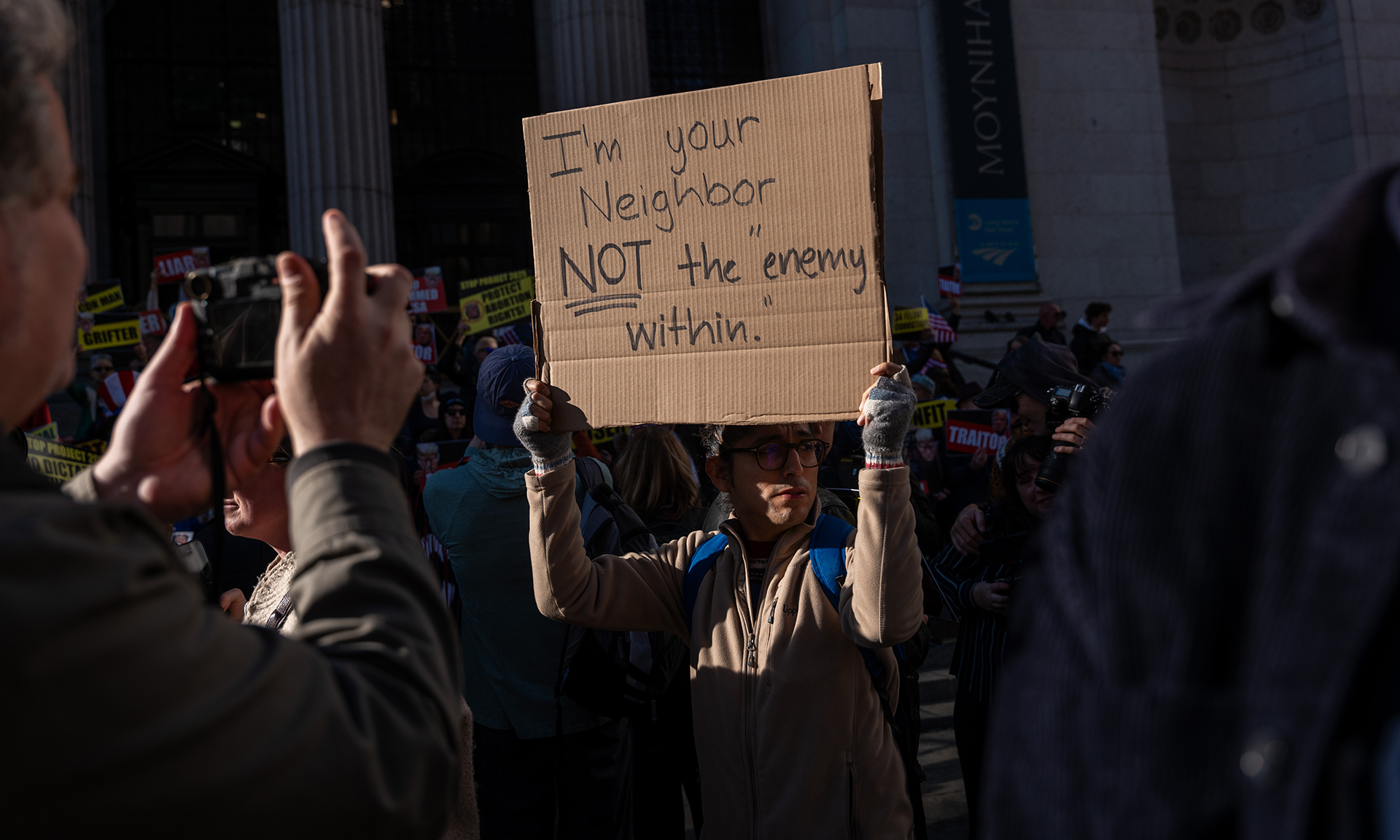
Research-backed ways to bridge America’s political divide
Researchers successfully tested 25 different approaches to reducing partisan animosity and support for undemocratic practices or political violence. Two proved most effective.

When someone flirts with your spouse, does that make your partner more attractive?
The simplified formula of “more attention equals more desire” doesn’t seem to apply to established relationships.

